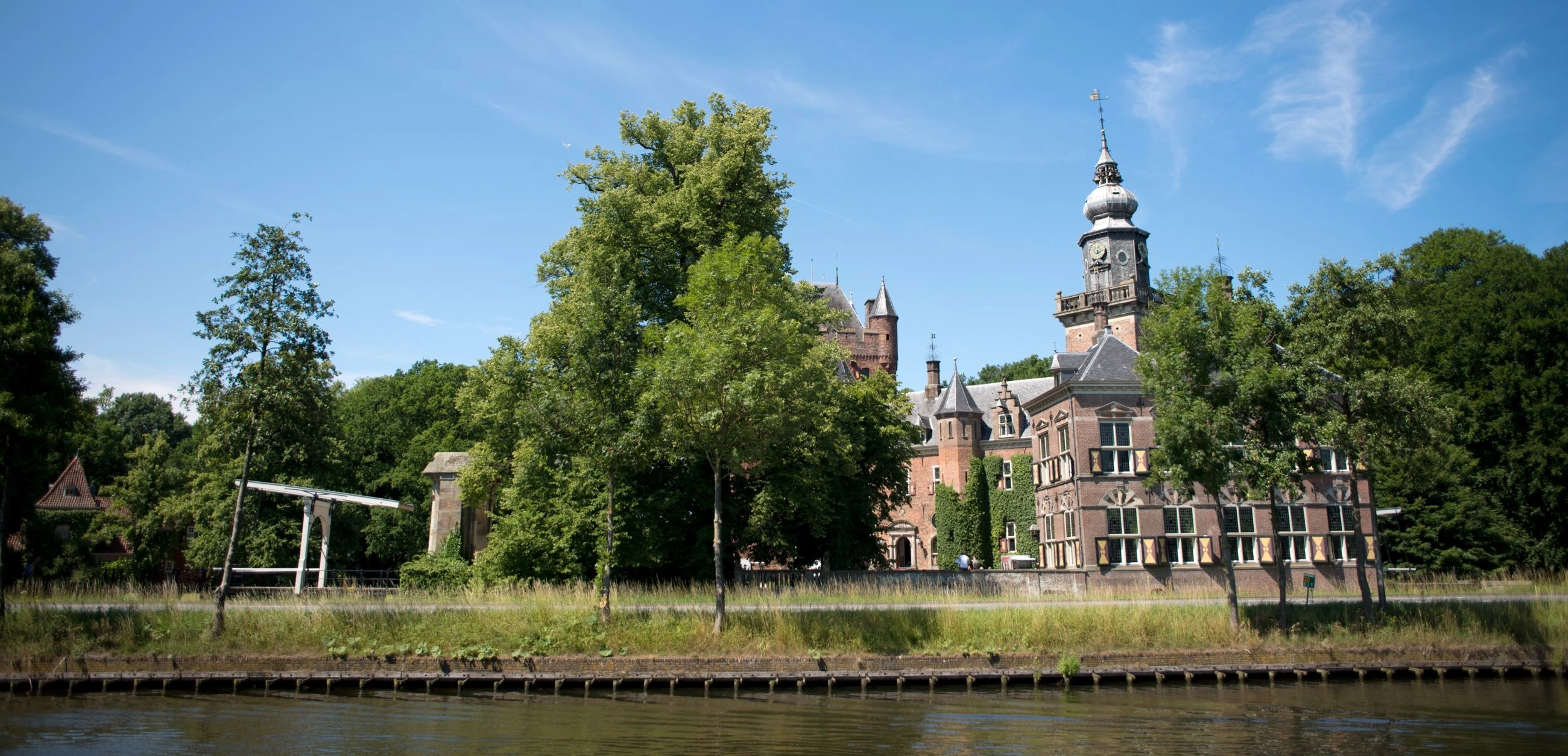Organizations must restore the balance between business continuity and concern for people, nature and society, according to Prof. Albert Plugge in his inaugural speech on June 14. Plugge is professor of ESG Transformation & Digital Innovation at Nyenrode Business University. "Financial interests have prevailed since the industrial revolution, but that concept is no longer tenable."
"Since the industrial revolution, companies have put their financial gain first. Products had to be produced as quickly and as cheaply as possible. Other things became secondary to that; there was no attention to the social impact the business had, or the consequences for nature and climate. This created an imbalance from which we are now suffering the consequences," Plugge explains. "If we want to be climate-neutral by 2050, companies must get to work now on a major change task."
Ecosystem
To encourage companies to be sustainable and socially responsible, the Corporate Sustainability Reporting Directive (CSRD) came into effect at the beginning of this year. This new European directive requires large companies to issue sustainability reporting. For the intended ESG transformation to succeed, Plugge argues in his inaugural speech for increased collaboration and strengthening digitalization. "ESG touches all capillaries of your organization, and in addition you are obliged to look at the whole chain. Therefore, you must approach the organization as an ecosystem. Just as plants and animals in nature cooperate and influence each other, the same applies to organizations among themselves and to the people and departments within them."
Puzzle pieces
According to Plugge, ESG information must be actively shared within the ecosystem. "Think of assessing energy consumption in offices, which requires data from both the Facilities Department, and energy suppliers. Or an HR department that wants to work on income equality and therefore needs visibility into possible child labor at suppliers in Asia. What many people don't realize is that competitors are also part of the ecosystem. For example, you can work together to make substantial changes within an industry." To exchange relevant data within the ecosystem, Plugge says, requires an integration of an organization's ESG strategy with its IT strategy. "I see it as puzzle pieces that partly still need to be created and then clicked together."
Creating chances
Plugge believes it is important for companies not to dwell on the past or focus on what went wrong. "Instead, the trick is to look forward and create opportunities. An example is an energy company that installs windmills but extracts water from the ground for cooling. This causes the soil to resonate, releasing CO2. The challenge then is to see if there are other methods for cooling. You can then bring that knowledge back to the market." Plugge conducts ESG research at many companies and finds that directors often perceive the new legislation as a burden. "That's a shame, because those who embrace ESG fuel innovation. An added benefit is that organizations that pay attention to sustainability are often attractive employers."
Groene Zwaan
In his inaugural speech, Plugge uses the metaphor of the Green Swan [Groene Zwaan], introduced by John Elkington (2021). Green Swans refers to sectors that embrace ESG transformation and create a balance between economic, environmental and social factors. An example of a Green Swan is the development of electric cars. So, it is not specifically about one company, but a radical systemic change. "Green Swans typically have a plan and work toward it over time. During their journey to become a Green Swan, companies must collaborate with other stakeholders to develop a new system. In doing so, the focus is no longer just on shareholder value, but on creating value for the entire ecosystem."
Prof. Dr. Albert Plugge has been appointed as Professor of ESG Transformation & Digital Innovation at Nyenrode Business University as of September 1. He is part of the Expertise Center Entrepreneurship, Governance & Stewardship. Within his chair, Plugge conducts research into the transformation of companies in their challenge to both achieve business objectives and comply with ESG regulations.
His chair stems from the ESG Innovation Institute and Plugge will be connected as a researcher and teacher to this institute, which is a collaboration between KPMG and Nyenrode.
Related programs
-
Executive ESG Program
Start date: To be determinedLanguage:- English
Location:- Breukelen
The latest ESG knowledge and insights to transform your organization and be able to increase your positive impact on people, planet and society.
View program

